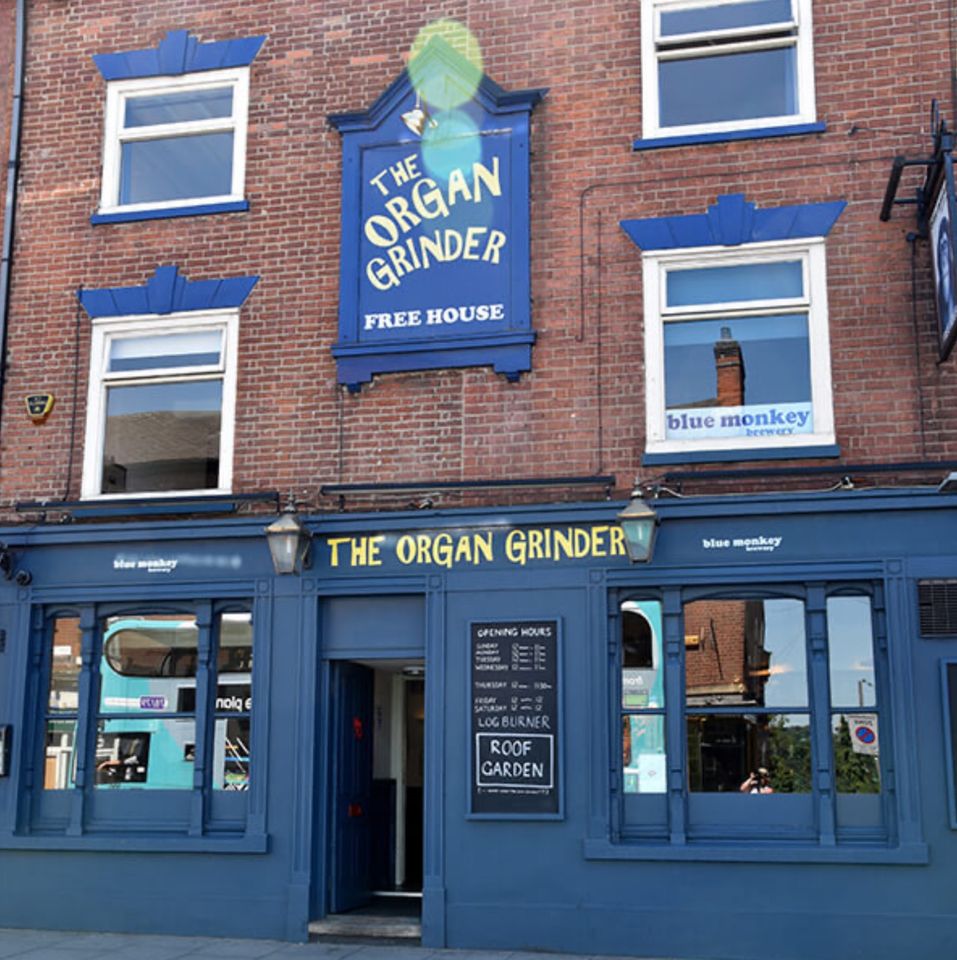Shaun Belcher is a freelance artist and poet, originally from Oxford, now living in Nottingham.
He has written poetry since his mid 20’s, influenced by his rural upbringing as well as wider themes of dislocation and global technologies.
Last Farmer is his first publication.
see SALT page here:

ISBN: 9781844718016
Author: Shaun Belcher
Title: Last Farmer
Series: Salt Modern Voices
Publisher: Salt Publishing
Pub date: 27-Dec-10
This title is now Out Of Print
Here an abridged version pdf used to promote the pamphlet at the time:
Short description/annotation:
The ghosts of the Last Farmer are all around us as the supermarket chains and shopping centres destroy the remnants of the market-town England of old. Belcher’s Last farmer exposes the total destruction of these old ways of life and asks where are we headed now?
Main description:
The division between country and city is fading fast and these poems document the ragged edge of our contemporary ideas of the rural and the sublime. Ever since the initial enthusiasm of the early Green movement there has been a stark choice for modern farming. Factory methods or die. In Last Farmer Shaun Belcher documents this fading agricultural golden age that never was and shows the human side of over zealous pesticide salesmen and downtrodden rural labourers. The golden pastures that never were here fade into golf-courses and all night shopping malls.
Growing up in what used to be Berkshire before a line on the map was rewritten, these poems excavate the tragic spoiling of not just the soil itself but of those that depended upon it. Gone are the happy country swains and in their place come the refugees herded into white vans at midnight and lost at the station at daybreak. Belcher has been described as vituperative. Certainly there is an anger in these words about what has and is still being lost.
Alongside these stark tombstones to the countryside are some explorations of what growing up in the middle of England in the mid 20th century really meant. Belcher draws on rural myth and folktale as well as American popular culture so there is a keen sense of how all of this impacts on the sense of ‘Englishness’. Raised but a stones throw from the glittering prizes and towers of Oxford this is the other side of the fence writing drawing on a deep sense of working-class roots that is still looking for a common tongue.
Table of contents:
The Nettle Fields
Commandos
Dividends
Cold Spell
Following The Map
Clinker
Cherry Stones
The Ice Horses
The Severed Tongue
The Hare-Lip
World Turned Backwards
Scattered Voices
The Stag Beetle
The Transfer Shed
Barn / Cloud / Path
The Empty Stair
Craigmillar
Flint Fields
Three Sermons
The Drifting Village
The Weaver’s Lament
Excerpt from book:
Cherry Stones
With arms that laid
and feet that trod this stone into place
they are caught through the trees
moving off or returning.
I stand, watching them,
rocking from heel to toe
in this small town side street,
small red berries
exploding under my feet.
Above me a flock of sparrows
flicker and snatch at bunches
then scatter through the gable-ends
as a rusty Marina chugs to a stop.
At the other end of this street
I can see shoppers framed
in the window of the newsagent.
One pecks at the card display.
Some round here have flown south
on incomes boosted by pensions
and second mortgages.
Others remain.
Receive photographs at Christmas.
a concern for language and for how it shapes memory and identity.
ANNA CROWE
Belcher cannot be accused of nostalgia or pastoral myth-making but is as vituperative in tone as Larkin.
RAYMOND FRIEL
the poems individually and cumulatively preserve aspects of identity and genealogy rooted in a particular soil and way of life an underlying humaneness.
STEWART CONN



Leave a Reply